How to Build a Website for Your Business

Choosing the Right WordPress Hosting
Selecting the right WordPress hosting provider is crucial for a successful website. Factors like server speed, reliability, and security significantly impact user experience and website performance. Consider hosting providers with robust infrastructure, excellent customer support, and scalability options to accommodate future growth. A reliable hosting platform ensures your website loads quickly, preventing frustrating delays for visitors and maintaining a positive user experience. It's also essential to consider the level of security offered, as robust security measures protect your website from potential threats and maintain user data integrity.
Different hosting options cater to various needs and budgets. Shared hosting is a cost-effective solution for beginners, but it might not offer the same level of control or resources as dedicated servers. VPS hosting provides a more customized environment, balancing cost and control. Dedicated servers offer the most control and resources, but they come with a higher price tag. Carefully assess your website's needs and budget to select the appropriate hosting plan.
WordPress Theme Selection
Choosing the right WordPress theme is vital for creating a visually appealing and user-friendly website. Themes dictate the overall look and feel of your site. A well-designed theme enhances user experience and improves your website's aesthetics. A theme's functionality and design should align with your website's purpose and target audience. Consider themes that offer responsiveness across various devices, ensuring optimal viewing on desktops, tablets, and smartphones. A responsive theme adapts seamlessly to different screen sizes, optimizing the user experience for all visitors.
Explore the vast selection of themes available within the WordPress repository and from third-party developers. Look for themes that are regularly updated, ensuring compatibility with the latest WordPress versions and security patches. Themes that offer customization options allow you to tailor the design to match your brand identity and aesthetic preferences. Examine the theme's documentation and community support to determine its overall quality and ensure you can find assistance if necessary.
Plugin Integration
WordPress plugins are essential extensions that add functionality to your website. Careful plugin selection is crucial to avoid slowing down your site or introducing security vulnerabilities. Plugins can enhance various aspects of your site, from SEO optimization to e-commerce functionality. However, installing too many plugins can negatively affect website performance, so choose carefully and prioritize essential functionalities.
Before installing a plugin, thoroughly review its description and user reviews. Look for plugins from reputable developers with a strong track record. Actively monitor your plugins for updates and security patches to ensure optimal performance and protection against threats. Regularly update your plugins to keep your website safe and prevent any potential vulnerabilities.
SEO Optimization Strategies
Optimizing your WordPress site for search engines is crucial for attracting organic traffic. Implementing effective SEO strategies can significantly improve your website's visibility in search results, driving more visitors to your content. Proper keyword research and implementation are essential for targeting the right audience and improving your search engine rankings.
Utilize relevant keywords naturally within your website content, page titles, and meta descriptions. Ensure your website's structure is user-friendly and easily navigable for both search engines and visitors. Implement internal linking strategies to connect related content and improve site navigation for users. Consider implementing an XML sitemap to assist search engine crawlers in indexing your website effectively.
Content Creation and Management
High-quality content is the cornerstone of a successful WordPress website. Creating engaging and informative content is crucial for attracting and retaining visitors. Focus on producing content that aligns with your target audience's needs and interests. Thoroughly research your topics to ensure accuracy and provide valuable information. Developing a content calendar helps maintain a consistent publishing schedule, keeping your audience engaged.
Utilize WordPress's built-in content management system to easily create, edit, and publish blog posts, pages, and other content. Employing various content formats, such as images, videos, and infographics, can enhance engagement and improve user experience. Regularly update your content to maintain its relevance and keep your website fresh and informative. Promote your content through social media and other channels to reach a wider audience.
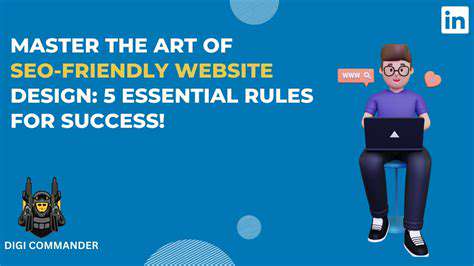
Essential Features for a Successful Business Website
User-Friendly Navigation
A well-structured website with intuitive navigation is crucial for a positive user experience. Clear and concise menus, logical organization of pages, and easy-to-understand labels are essential elements that guide visitors effortlessly through your site. This not only enhances their experience but also allows them to find the information they need quickly, increasing the likelihood of conversions and repeat visits. Poor navigation can lead to frustration, driving visitors away from your site and negatively impacting your business's online presence.
Implementing a search function can also significantly improve navigation. A robust search bar allows users to quickly locate specific products, services, or information on your website, providing them with a seamless and efficient browsing experience. This feature is particularly important for larger websites with extensive content, enabling users to find what they are looking for without getting lost in a sea of information.
Compelling Visual Design
A visually appealing website design is paramount in capturing and retaining user attention. Professional-looking graphics, high-quality images, and a clean layout create a positive first impression, instantly conveying credibility and professionalism. A visually engaging website design can significantly impact user perception, making the site more inviting and memorable. A well-designed website reflects the brand's identity, making a positive impression on visitors.
High-Quality Content
Content is king, and valuable, informative, and engaging content is essential for attracting and retaining visitors. High-quality content, whether in the form of articles, blog posts, product descriptions, or other forms of information, provides value to your audience. This valuable content establishes you as an expert in your field and helps build trust and credibility with potential customers.
Content should be well-written, grammatically correct, and free of errors. It should also be optimized for search engines, using relevant keywords and phrases to improve your website's visibility in search results. This ensures that your website is easily discoverable by potential customers.
Mobile Responsiveness
In today's digital landscape, a significant portion of website traffic originates from mobile devices. Therefore, ensuring your website is mobile-responsive is critical for providing a seamless user experience across all platforms. A mobile-responsive design adapts to different screen sizes, ensuring that your website looks and functions correctly on smartphones, tablets, and other mobile devices. This adaptation is essential for maintaining a positive user experience and maximizing the impact of your website.
Effective Calls to Action (CTAs)
Strategic calls to action (CTAs) are essential for guiding visitors towards desired outcomes, such as making a purchase, signing up for a newsletter, or contacting you. Well-placed and compelling CTAs are crucial for driving conversions and achieving your business goals. Clearly defined CTAs can significantly impact conversion rates by providing users with a direct path to completing the desired action.
These clear and concise CTAs should be strategically placed throughout the website to encourage engagement. By prompting visitors to take specific actions, you can effectively convert them into customers or leads. Using compelling language and visually appealing design elements can further enhance the effectiveness of your CTAs.

Read more about How to Build a Website for Your Business
Hot Recommendations
- How to Stay Productive While Working Remotely
- Tips for Managing Conflict with Coworkers
- Entrance & Certification Exams (升学考试)
- How to Improve Your Storytelling Skills (Speaking)
- How to Find Profitable Side Hustles
- Tips for Preparing for the TOEFL iBT Home Edition
- Guide to Switching Careers from [Industry A] to [Industry B]
- How to Run an Effective Hybrid Meeting
- Tips for Marketing Your Side Hustle on Instagram




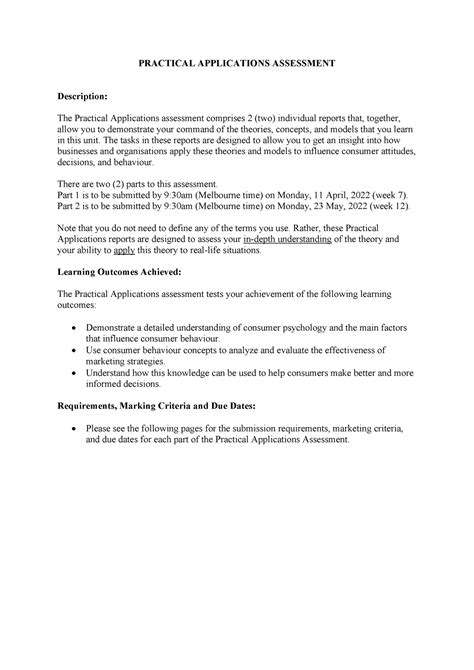

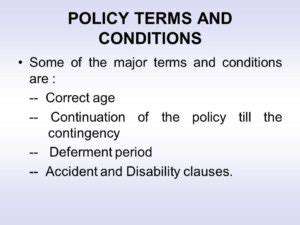

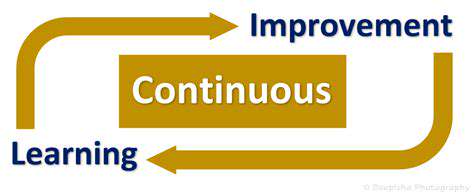
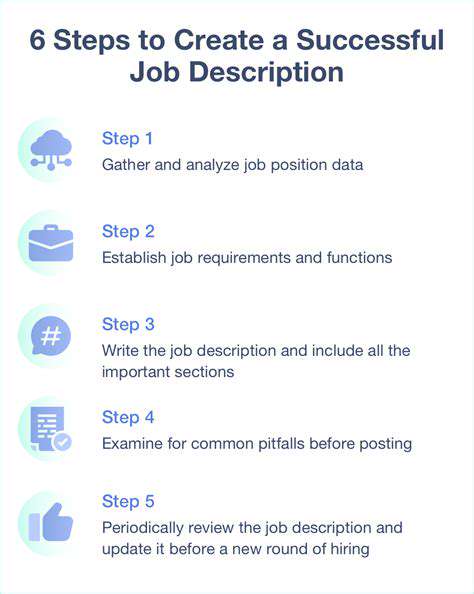
![Guide to the CFA Exam [Level 1 Basics]](/static/images/32/2025-07/PortfolioManagementandInvestmentStrategies3AAStrategicApproach.jpg)